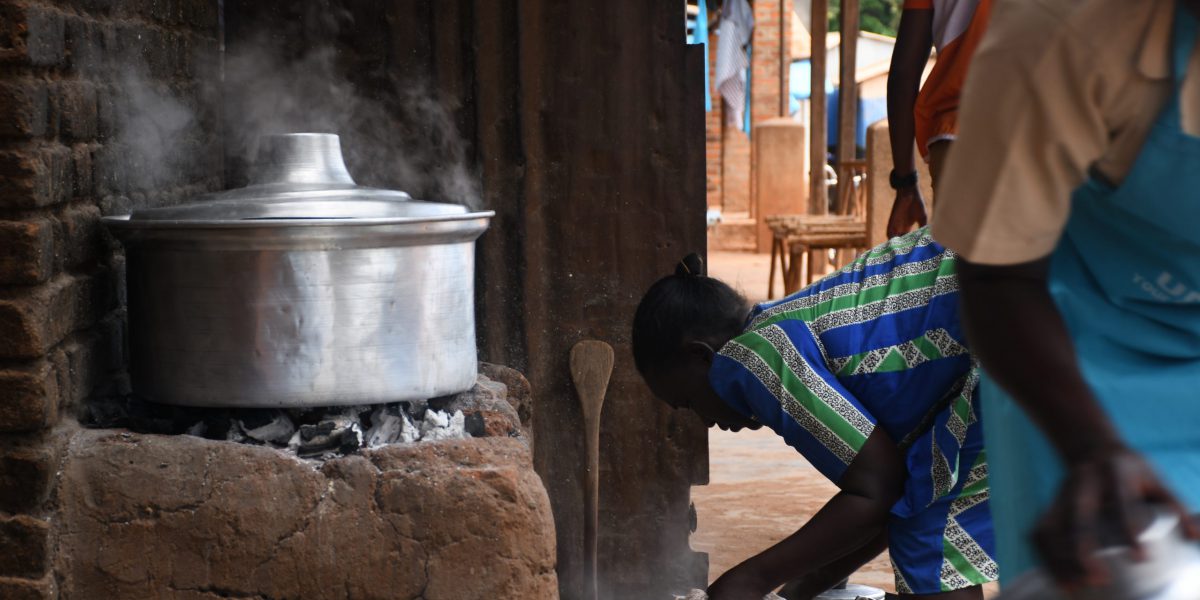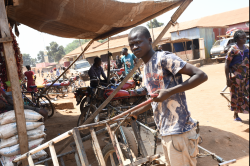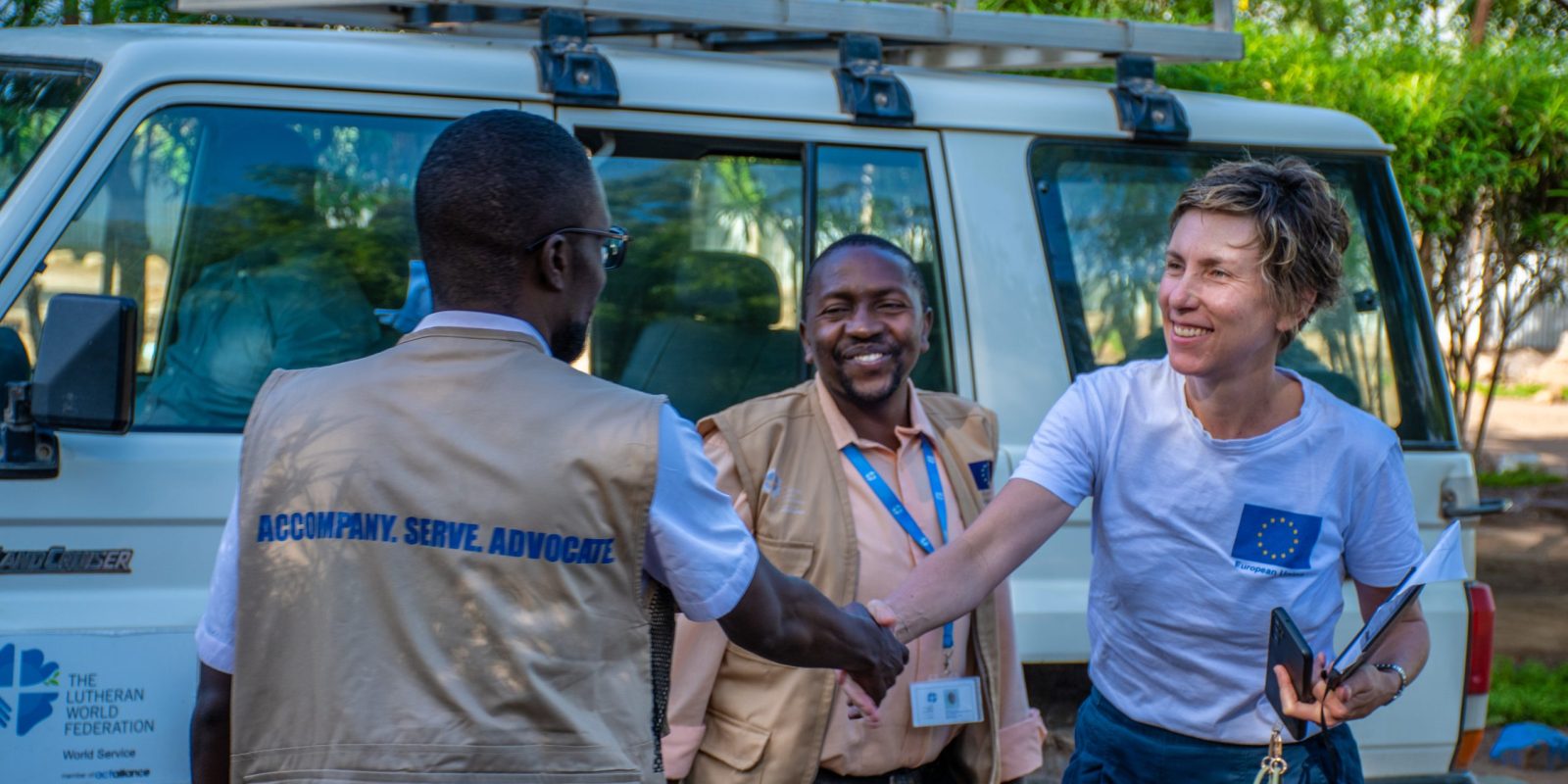Generating work opportunities in refugee settlements
04 May 2023|Emanuel Loboka

Instability in South Sudan is having a significant impact on the labor market: thousands of people are impacted by the violence and displacement, living in refugee camps and IDPs settlements throughout the country, and people are every day more dependent on humanitarian aid.
Despite all that, these communities can do more for themselves: many of these refugees will one day go back and start a “normal” life out of the camps and the settlements. So as JRS, we believe there is a need to develop the skills and give them an opportunity to serve their own communities.
JRS South Sudan works together with the host community and the refugees in Maban, in serving the communities by creating job opportunities in various of our projects. Across the refugee camps, we employed more than twenty-five men and women, in the home visit and the daycare intensive works, and community mobilizers. These groups are trained and supported by JRS Staff.
JRS hired a group of young men and women, in a step creating a job opportunity for the refugees and the host community. Most importantly, capacity building and skills development in education, MHPSS in our daycare, and home visits are more effective in the mobilization of the communities to our services. JRS supported one hundred adults with disabilities and screened and supported twenty-two adolescents from Doro camp who attended the six sessions of the psychoeducational support group.
This would not be possible without the help of the locals, host communities, and refugees in Maban to promote sustainability and engagement.
In Western Equatoria States, the JRS Psychosocial Support team established six caregiver support groups in Yambio, Nzara, and Ezo counties. Four hundred eighty-seven women and girls participated in life skills training, support groups, Gender-Based Violence sessions, and psychoeducation on various topics. There were one hundred and seventy from Yambio, one hundred forty-five from Nzara, and one hundred seventy-two from Ezo counties. These women and girls benefited from life skills training. They are ready for self-employment and to access opportunities for new jobs that can add a difference to their life.

On the other hand, over one hundred people were also trained in local shoemaking and bed sheet knitting to secure their livelihood. Also, three peer support groups were formed in Ezo with sixty participants in 2022 to help them learn new skills to generate new sources of income.
Livelihood training typically included shoemaking, bed sheet knitting, and crocheting. The trained members aimed to generate income for their families without depending on their partners.
To all our beneficiaries supported with life skills training and self-employed communities, we will continue to support, accompany, serve, and advocate for you.
Happy Labor Day !



